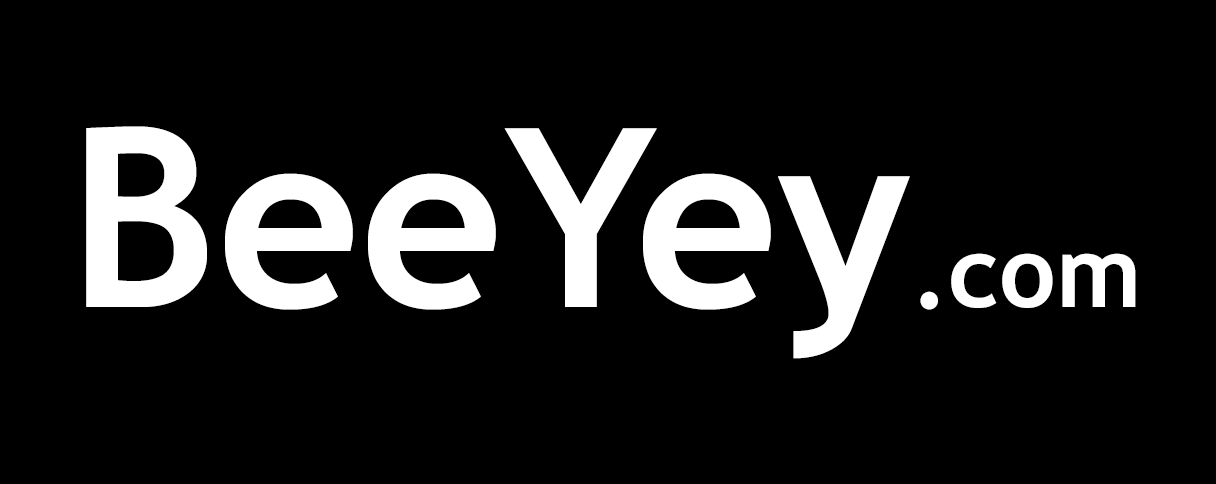
What Is Your Role And Responsibilities In Your Project Development?
August 9, 2021
Why Every Website Should Have A SSL Certificate?
September 15, 2021On-page SEO is the process of making changes to your website to improve its ranking on search engine result pages. On-Page SEO requires optimising both the content of the web page and the HTML code. Done right, it has a huge impact on your page’s visibility in search.
Getting good rankings is getting harder as search engines get smarter and more sophisticated. It takes more than just good content to outperform your competitors. As a website owner or creator, it is very important to understand SEO and how to implement it on your website. On-Page SEO is one of the first steps towards effective search engine optimisation. When starting to optimise your page, it is important to keep the following points in mind –

Understanding On-Page SEO
1. Page Content
Your website content is one of the most important search engine optimisation tools. Your home page is especially relevant because it is the first page that most users land on, making it one of the most important for search engines. There are too many keywords on your page because the search engines can skim your schema and actually lower your rankings.
2. Title
Page titles are another very important aspect of On-Page SEO. It should be descriptive enough for visitors to identify and recognise your brand and business, but it should also contain relevant keywords if possible. Your title and tags come first. Things that are caught by search engines and can set you apart from the competition.
3. Meta Tags
Meta tags are becoming something that cannot be ignored when developing and maintaining your website. They are used to provide additional information about your site to search engines each time a search is performed. Keep the meta description of your website short, a description of your website and the services your company offers.
4. HTML Tags
It is very important to highlight certain parts of your website with HTML tags. These tags are primarily used to accurately identify pages and post headers on a website. Headers and title tags are important to your site, but they require you to know the type of tag required for each section of your site.
5. Internal Linking
Links on your website need to be optimised so that they can be picked up by search engines. To effectively optimise your links, you need to use good anchor text and a good internal link structure. The effective anchor text contains a keyword that is relevant to the destination of the link and that will grab the user’s attention. It’s time to start increasing the ROI of your social ad campaigns.
Why is On-Page SEO important?
Missing Out on Some small yet important part of the SEO. Read out this part to know more about On-Page SEO –

Targeting Right Audience
Search engine optimisation and on-web page optimisation enables carry in centred clients with ease. When your homepage is optimised with a particular form of consumer in mind, it is going to be appreciably simpler to get them in your website — one step toward purchasing.
Search Ranking Increases
The ability to be recognised by search engines every time someone searches for something about your brand is something all businesses strive for. A high ranking is the key to attracting the audience you are looking for. Lots of people search for something and then click the first available link to guess its credibility. Proper On-Page optimisation increases the chance that your website will be found every time you search for your brand or business.
Necessary For Brand Growth
Proper on-page optimisation significantly impacts your business’ growth online. You get more reach, you have increased rankings on search engines, and you reach customers who are specifically looking for a product like yours.
Website Traffic Increases
Without the use of on-page optimisation techniques, your website could experience little or no traffic. With a few simple fixes, your website can reach more leads and significantly increase your chances of converting leads into paying customers.
Cheapest Method
This is by far the cheapest way to get your business outside as it doesn’t cost a lot of money. Therefore, If you decide to hire a specialist to take care of this for your company, you may incur costs. You could tackle some basic tweaks yourself and take advantage of the benefits without breaking the bank.
Conclusion
On-Page SEO is the easiest and the cheapest part for your website to grow online. However, you can easily attain returning users using SEO Techniques.



